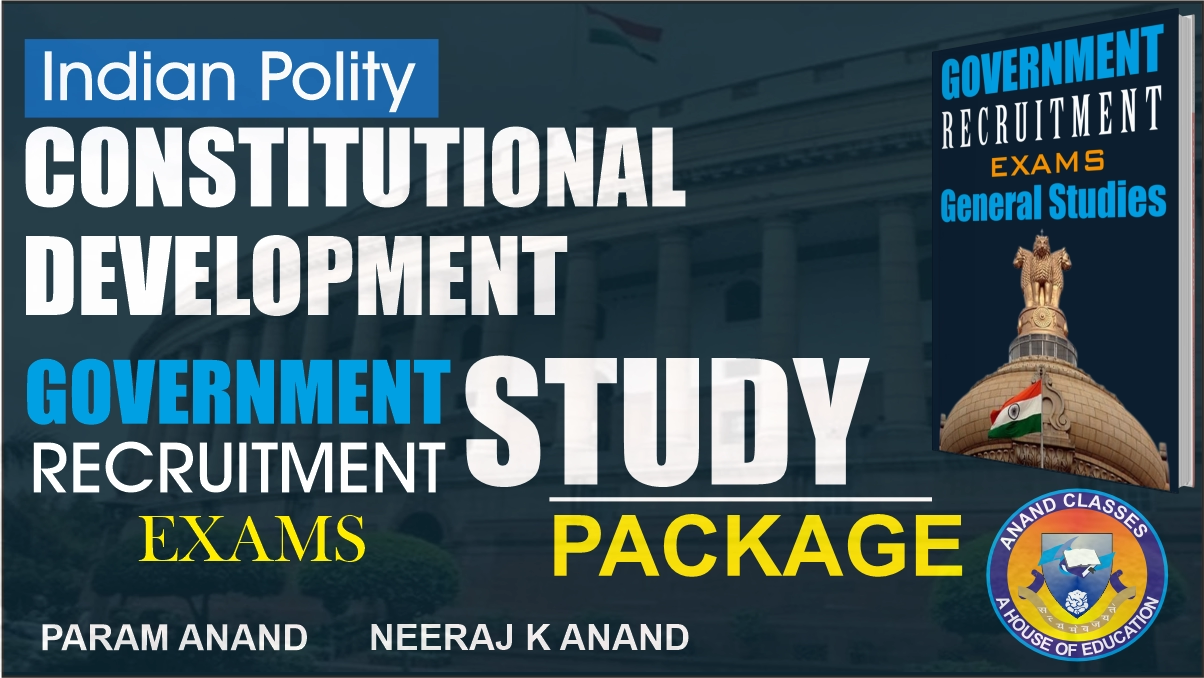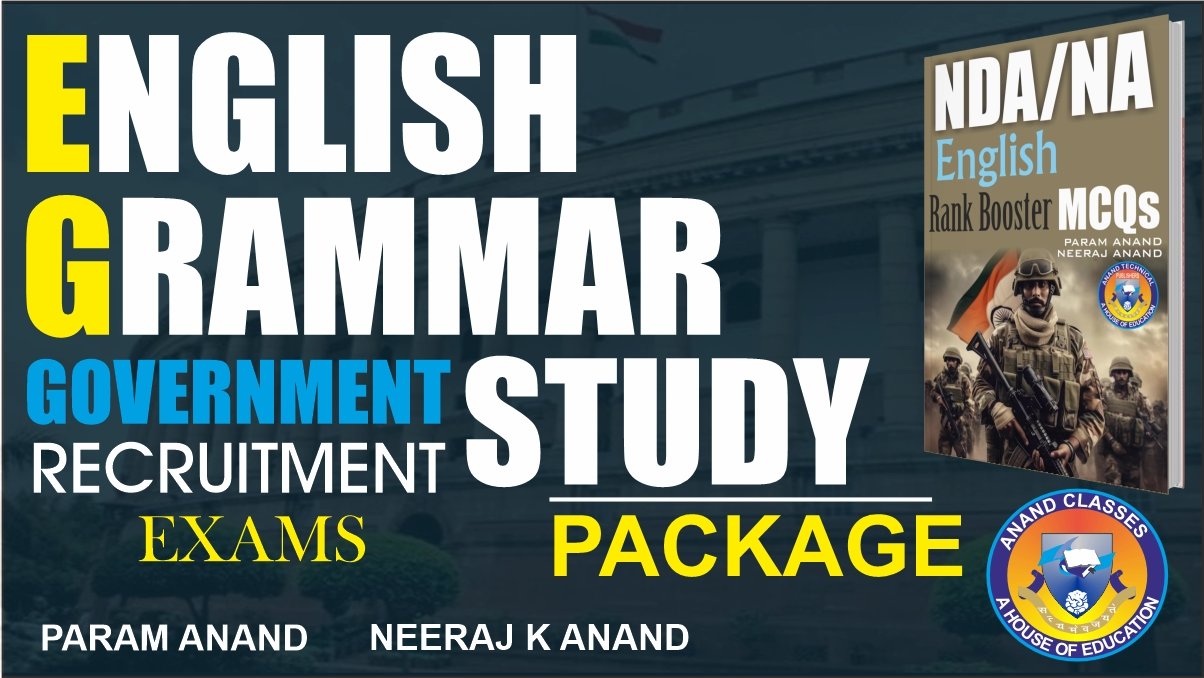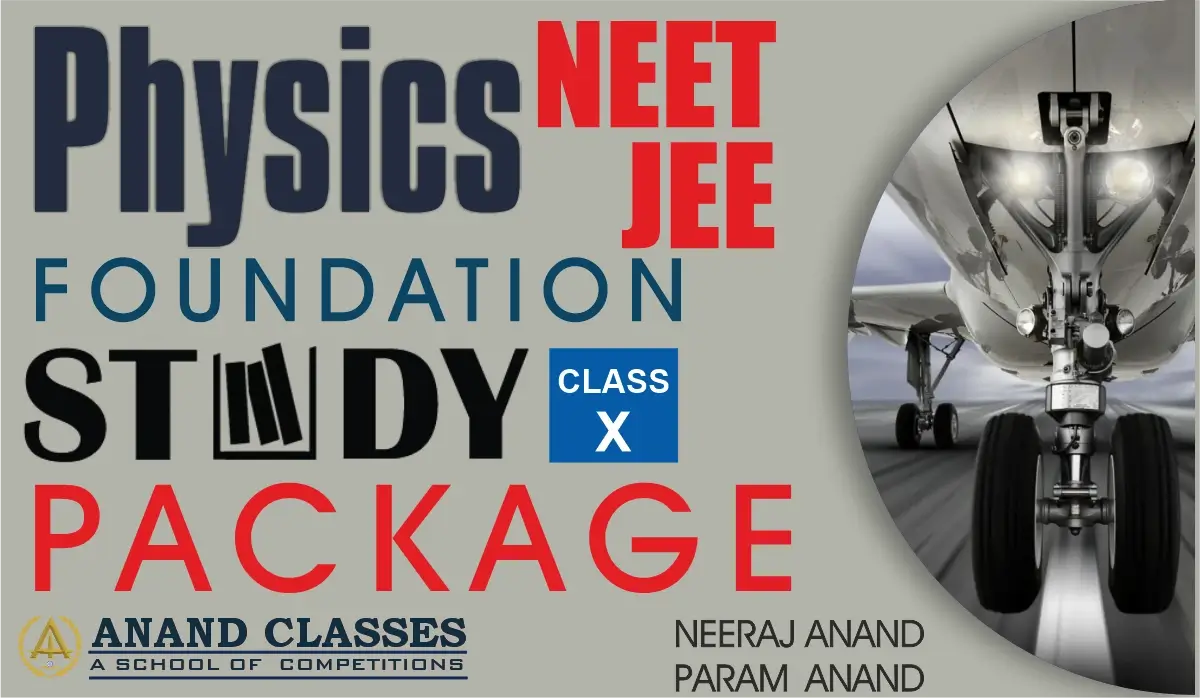NIRMAL ANAND Educations
Written by: Neeraj Anand
Published by: Anand Technical Publishers
Under: Anand Classes
Contact: +91 9463138669
Email: anandclasses1996@gmail.com
Buy Complete Study Material: Click Here
The preamble speaks of social, economic, and political justice. Social justice implies that discrimination on the basis of caste, race, sex or religion should cease. Economic justice implies that the gap between the rich and the poor is bridged, and that exploitation ceases. Political justice implies that all citizens should have equal opportunity to participate in the political system.
Justice: A Key Concept in Indian Polity
Understanding Justice in the Indian Constitution
The Preamble of the Indian Constitution upholds three types of justice:
- Social Justice: Elimination of discrimination based on caste, race, sex, or religion.
- Economic Justice: Bridging the gap between the rich and the poor to end exploitation.
- Political Justice: Equal opportunity for all citizens to participate in the political system.
Frequently Asked Questions (FAQs)
Q1: What is the significance of social justice in India?
A: Social justice ensures that no individual is discriminated against based on caste, religion, sex, or race. It promotes equality and inclusivity in society.
Q2: How does economic justice benefit a country?
A: Economic justice helps in reducing income disparities, ensuring fair distribution of resources, and preventing the exploitation of the weaker sections of society.
Q3: Why is political justice important in a democracy?
A: Political justice ensures equal participation in governance, allowing every citizen to have a voice in decision-making through voting and political representation.
Q4: How does the Indian Constitution safeguard justice?
A: The Constitution guarantees justice through fundamental rights, directive principles, and reservations for the underprivileged sections of society.
Multiple-Choice Questions (MCQs)
Q1: Which part of the Indian Constitution mentions social, economic, and political justice?
A) Directive Principles of State Policy
B) Fundamental Rights
C) The Preamble
D) Fundamental Duties
Answer: C) The Preamble
Explanation: The Preamble explicitly mentions social, economic, and political justice as the guiding principles of the Indian Constitution.
Q2: What does economic justice aim to achieve?
A) Equal participation in politics
B) Bridging the gap between the rich and the poor
C) Encouraging competition in the economy
D) Establishing dictatorship
Answer: B) Bridging the gap between the rich and the poor
Explanation: Economic justice seeks to eliminate inequalities in wealth and income to create a fair economic system.
Q3: What is the key objective of political justice?
A) To allow only the educated to vote
B) To give equal opportunities in political participation
C) To reserve seats only for the elite class
D) To eliminate political parties
Answer: B) To give equal opportunities in political participation
Explanation: Political justice ensures that every citizen, regardless of background, has an equal right to participate in governance.
For more study materials and exam preparation resources, Buy Complete Study Material Here.




